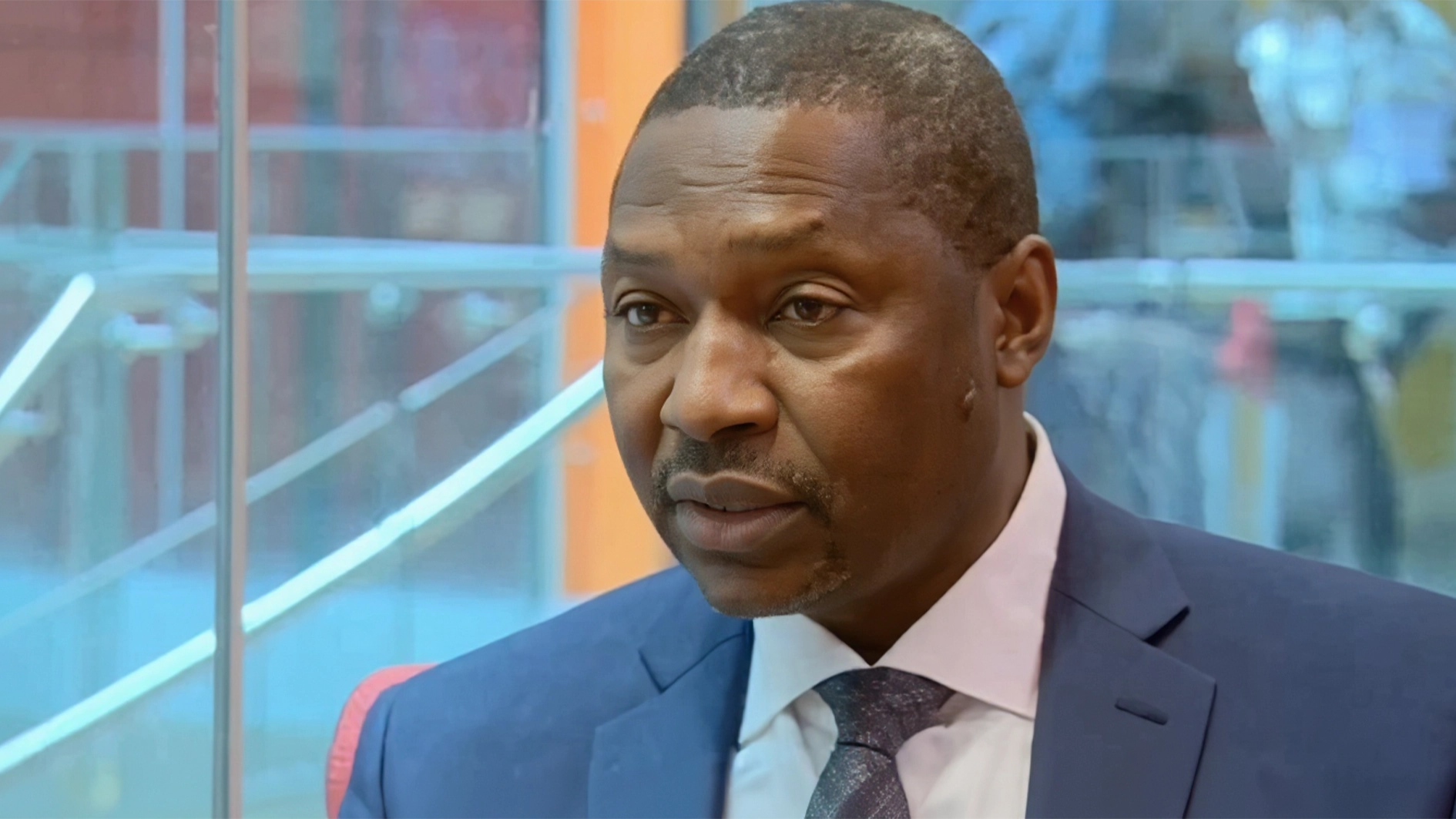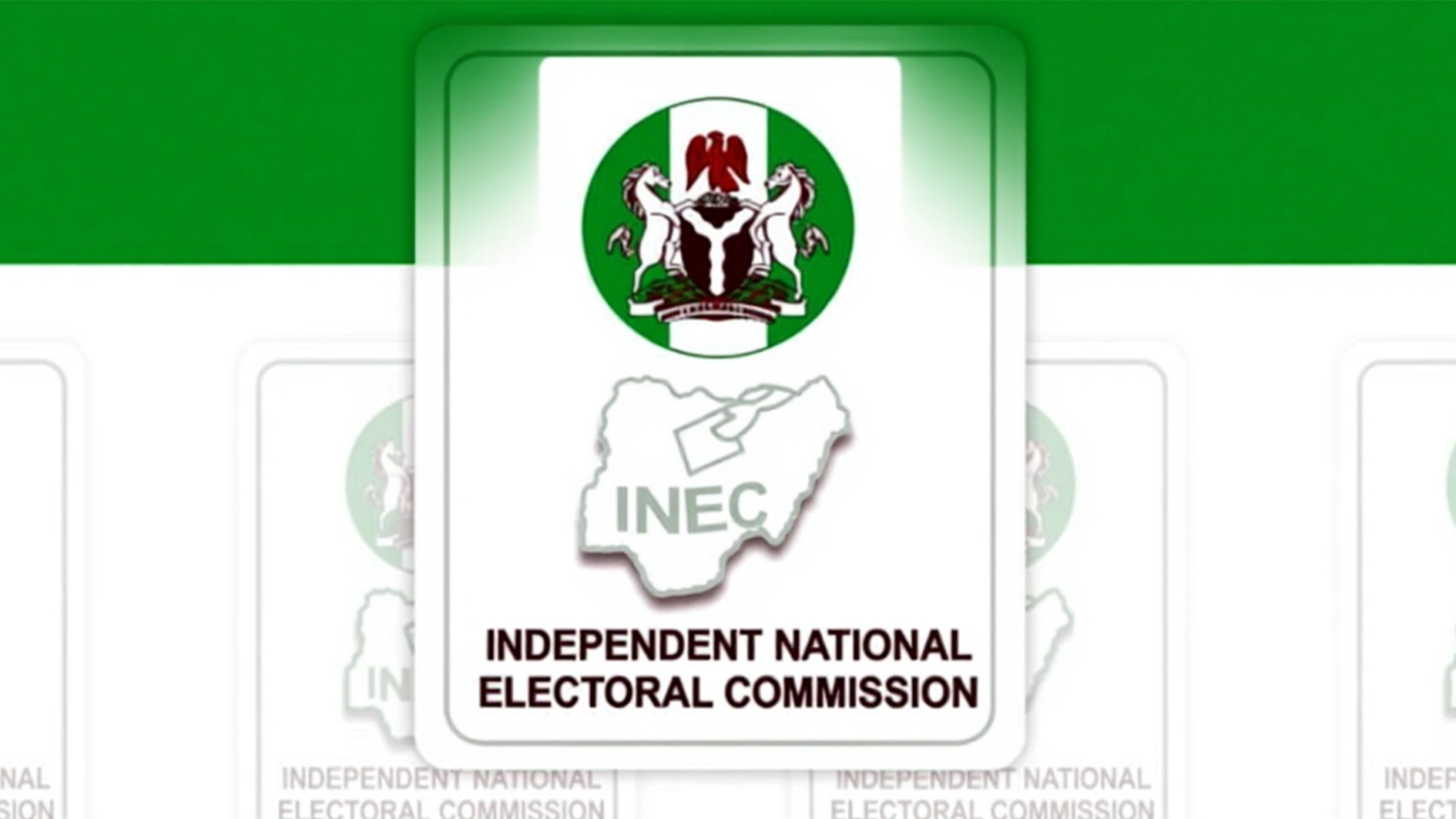Executive Director, Health of Mother Earth Foundation (HOMEF), Dr. Nnimmo Bassey has dismissed the false narrative behind the carbon trading project and carbon offsetting, saying the African continent and Nigeria are not interested in carbon markets.
The environmentalist stated that carbon markets should be designed to avoid negative impacts on local communities and ecosystems but noted that the reverse is the case.
Bassey disclosed this to newsmen in Benin during a well-attended stakeholders’ meeting organised by HOMEF on forest carbon dialogue titled “The Truth behind Carbon Offsets Market.”
Bassey stated that the socio-environmental impacts and implications of REDD+ in Africa: green grabbing, green extraactivism, and expropriation of emissions rights pose a serious threat to the continent and her forests.
He said some of the risks in REDD+ design and implementation are disregard of rural communities’ views while failing to address causes of deforestation and local communities losing their access and use of forest resources, deepening of existing inequalities if elites capture the policy’s benefits, as well as reducing the forest to a single commodity value by assigning a price to it.
According to him, there could arise uncoincidental layers of interest among actors, both international, national, and local institutions.
He explained that carbon trading is the trading of credits that permit a company or other entity to emit a certain amount of carbon dioxide or other greenhouse gases into the atmosphere.
While insisting that “forests managed by the communities are the most intact forests,” Bassey said carbon offsetting is a scam.
He said that buying credits enables the entity to pollute more than its nation’s government allows and that those that emit less will have leftover permits to sell.
Bassey, who rejected the national REDD+ strategies claiming to contribute to multiple benefits such as biodiversity conservation, protection of the rights of indigenous peoples’ groups and local communities, poverty reduction, and rural livelihoods enhancements, said “our forests are the main focus.”
He noted that national REDD+ Programmes and activities are tailored to national circumstances and needs, but mainly aim to incentivize developing countries to reduce emissions from deforestation and forest degradation, conserve forest carbon stocks, as well as sustainably manage forests and enhance forest carbon stocks.
Other stakeholders at the meeting, including civil society organisations, activists, media and individuals, opposed all kinds of false solutions, especially REDD (Reducing Emissions from Deforestation and Forest Degradation), with all its suggested variants.
Programme Manager, Community and Culture, HOMEF, Mr. Cadmus Atake-Enade emphasized that every form of extraactivism affects our forest and livelihoods.
“Every form of extraactivism affects our forest and livelihoods,” Cadmus said.
Rita Uwaka, Interim Administrator, Environmental Rights Action/Friends of the Earth (ERA/FoEN), stated that forest is more than just trees, just as plantation is not same as forest. Uwaka said the protection of our forest is best handled by communities and not multinational corporations, stressing that community residents are better positioned to help protect our forest against climate change.
She noted that community forest management is the solution to climate mitigation strategies, calling on all communities in Nigeria and across the African continent to resist the false solutions on REDD+ and carbon markets in Africa.
“We need to build and stand together to say no to deconstructing and debunking the false solutions on REDD+ and carbon markets in Africa,” Uwaka said.






